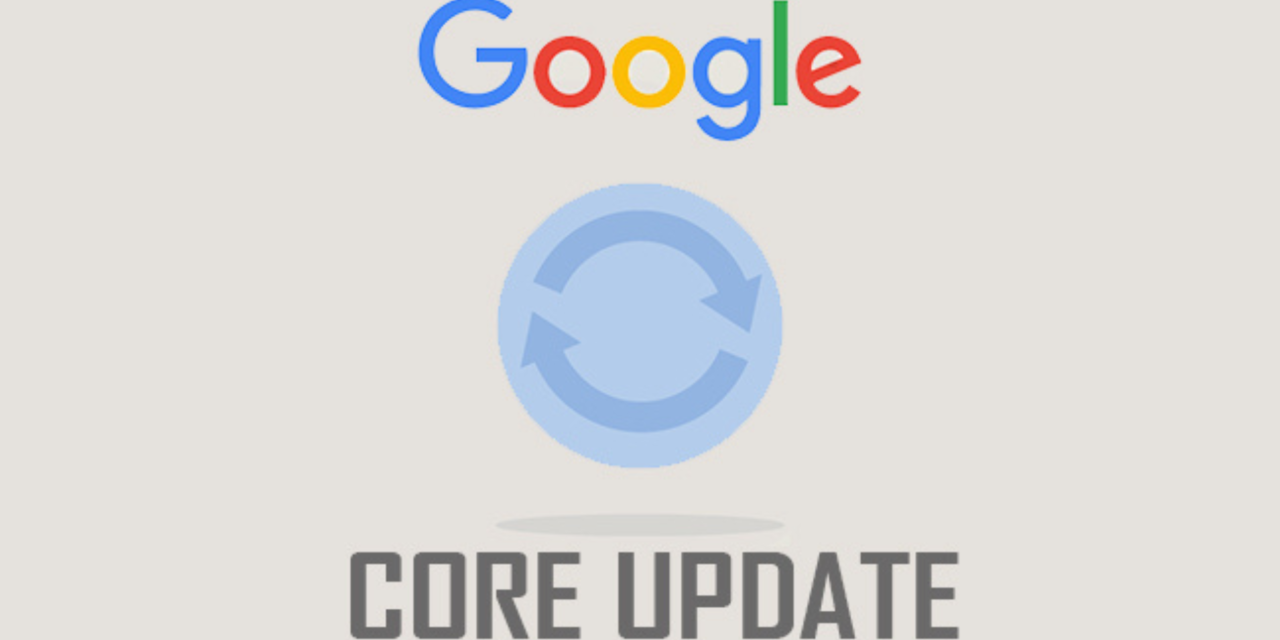Recovering from a Google Core SEO update can be challenging, but there are some tried and tested ways to help you recover your SEO rankings. With regular updates and monitoring you can recover your rankings back.
BEST WAYS TO RECOVER YOUR RANKINGS & TRAFFIC FROM GOOGLE CORE UPDATE HIT
- Analyze the update: Start by analyzing the update and identifying the areas where your website was affected. This will help you understand the changes you need to make to your website.
- Improve content: Content is king when it comes to SEO. Make sure your website has high-quality, relevant, and engaging content that provides value to your visitors. Update your old content, create new content that targets keywords that you have lost rankings on and make sure your content is optimized for your target audience.
- Optimize for user experience: User experience is a crucial ranking factor for Google. Make sure your website is simple to use, loads fast, and has a mobile-friendly design. Optimize your website for your target audience and focus on creating a positive user experience.
- Fix technical issues: Technical issues such as broken links, page speed issues, and crawl errors can negatively impact your website’s ranking. Fix any technical issues on your website to ensure that it is performing at its best.
- Focus on building high-quality backlinks: High-quality backlinks from authoritative websites can help improve your website’s authority and reputation. Focus on building natural, relevant, and high-quality backlinks.
- Monitor your progress: Keep track of your website’s performance using analytics tools and regularly check for any issues such as broken links or technical errors that might negatively affect your website’s performance.
It’s important to note that recovering from a Google Core SEO update can take time. Be patient, monitor your progress and continue to make improvements to your website to help you recover your SEO rankings.
BEST PRACTICES TO KEEP YOUR WEBSITE SAFE & SECURE FROM GOOGLE CORE UPDATES

Google’s Core SEO updates are designed to improve the quality of search results for users. While there is no guaranteed way to protect your website from these updates, there are some best practices you can follow to minimize the impact of the update on your website.
- Focus on quality content: Make sure your website has high-quality, relevant, and engaging content that provides value to your visitors. Avoid keyword stuffing, thin content, and low-quality content.
- Improve user experience: Ensure that your website is easy to navigate, loads quickly, and has a mobile-friendly design. User experience is a crucial ranking factor for Google, so it’s important to prioritize it.
- Optimize for E-A-T: Expertise, authoritativeness, and trustworthiness (E-A-T) are important ranking factors for Google, particularly for websites that provide health, financial, or legal advice. Make sure your website content is written by subject matter experts and that you provide citations and references to back up your claims.
- Build high-quality backlinks: High-quality backlinks from authoritative websites can help improve your website’s authority and reputation. Concentrate on generating natural, relevant, and high-quality backlinks.
- Monitor your website’s performance: Keep track of your website’s performance using analytics tools and regularly check for any issues such as broken links or technical errors that might negatively affect your website’s performance.
It’s important to keep in mind that Google’s Core SEO updates are designed to improve the overall quality of search results. By following these best practices, you can improve your website’s ranking and minimize the impact of any updates.





